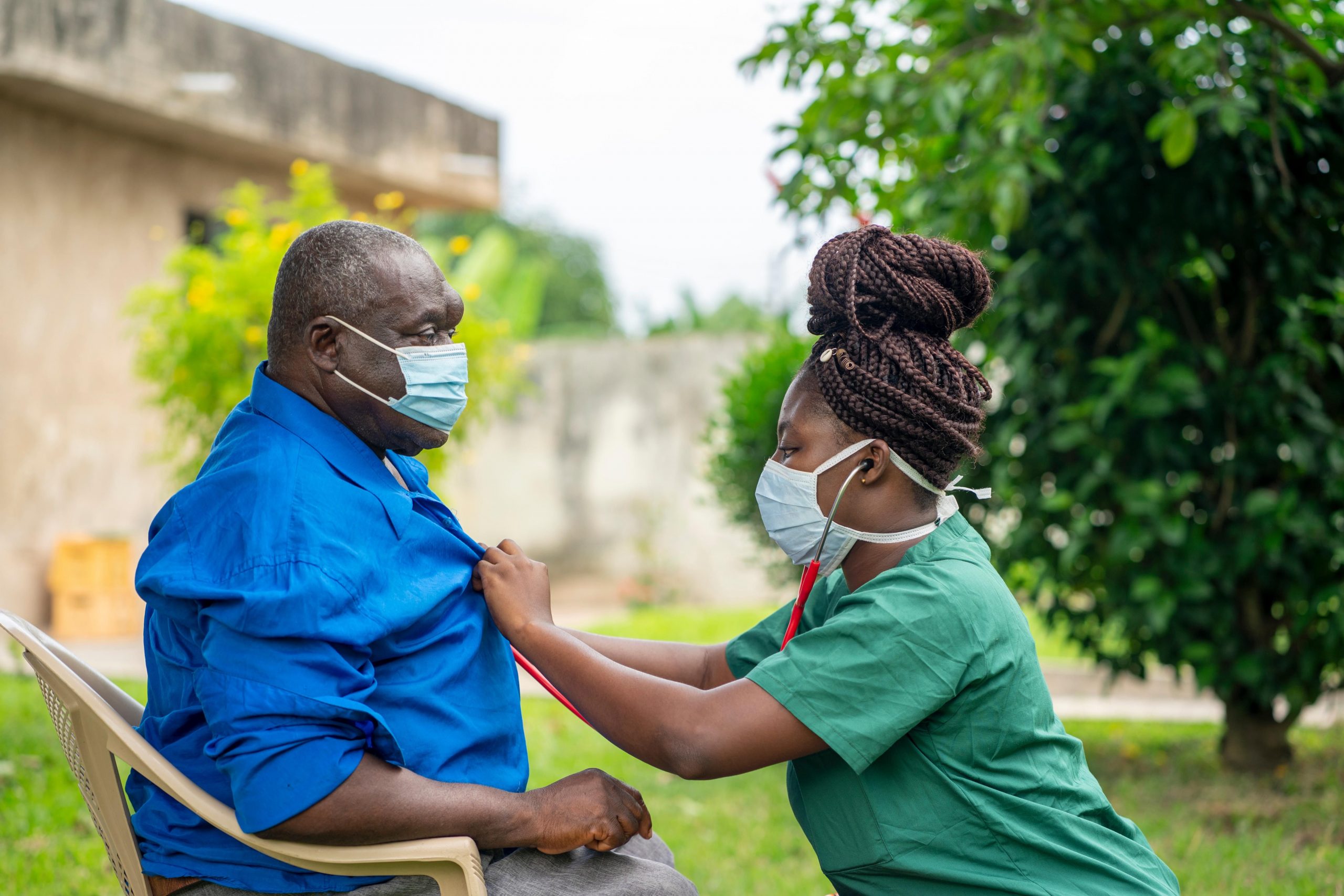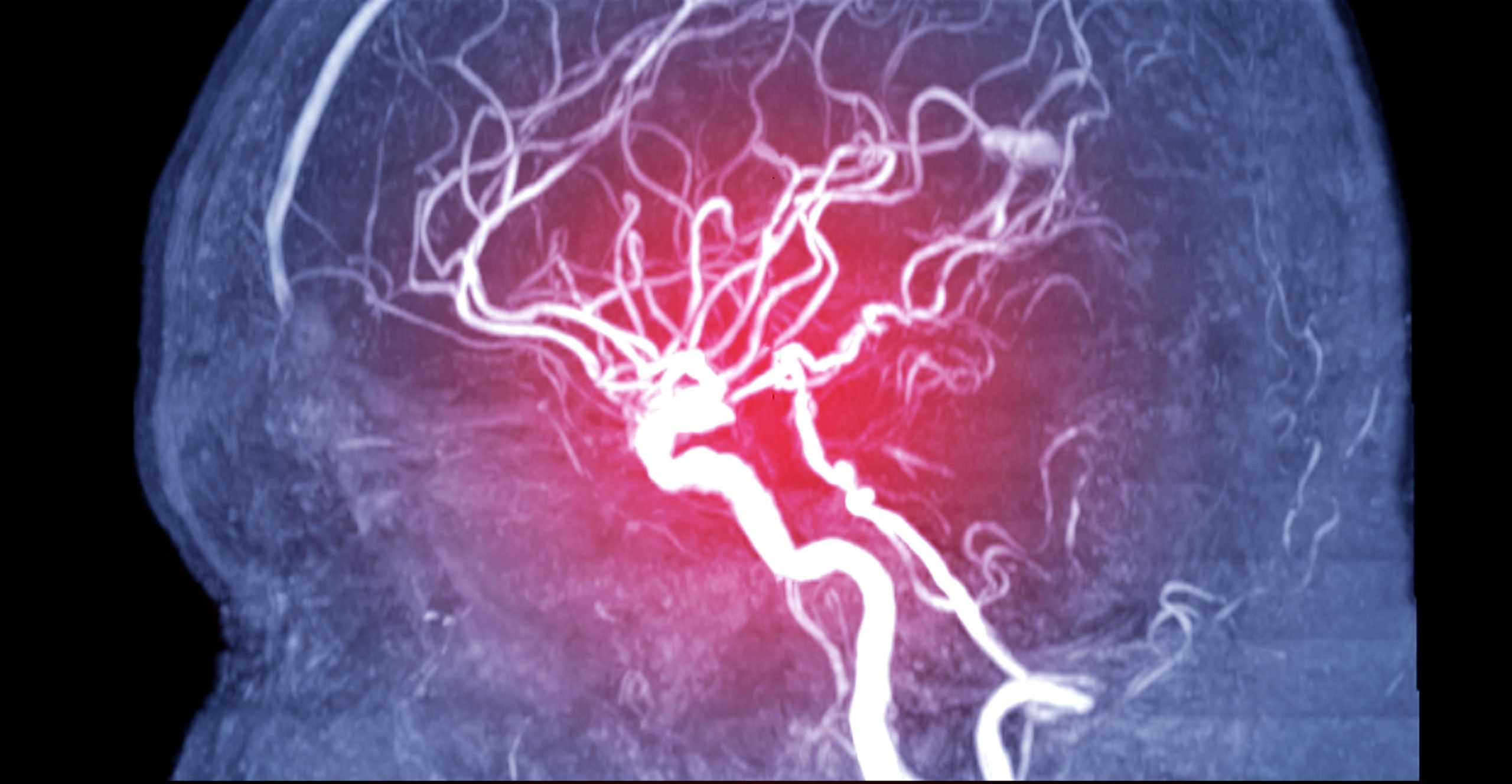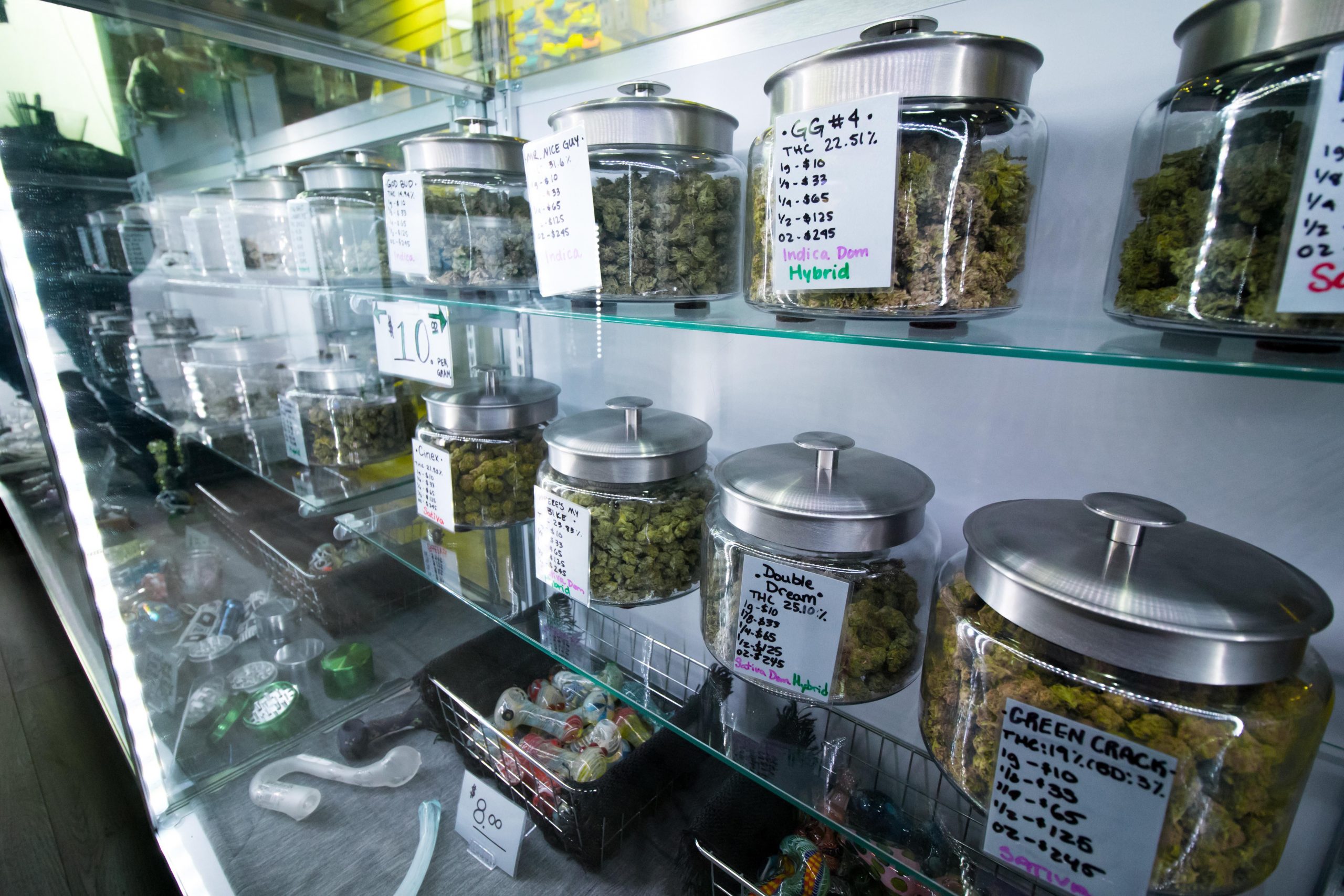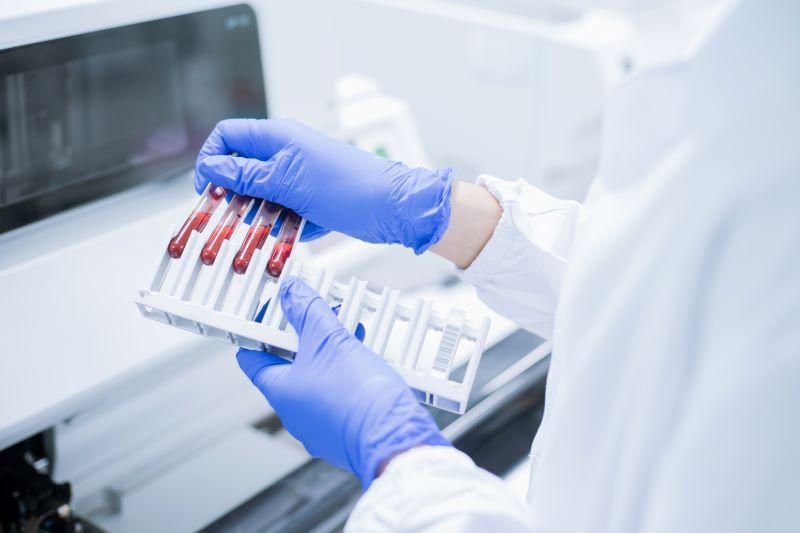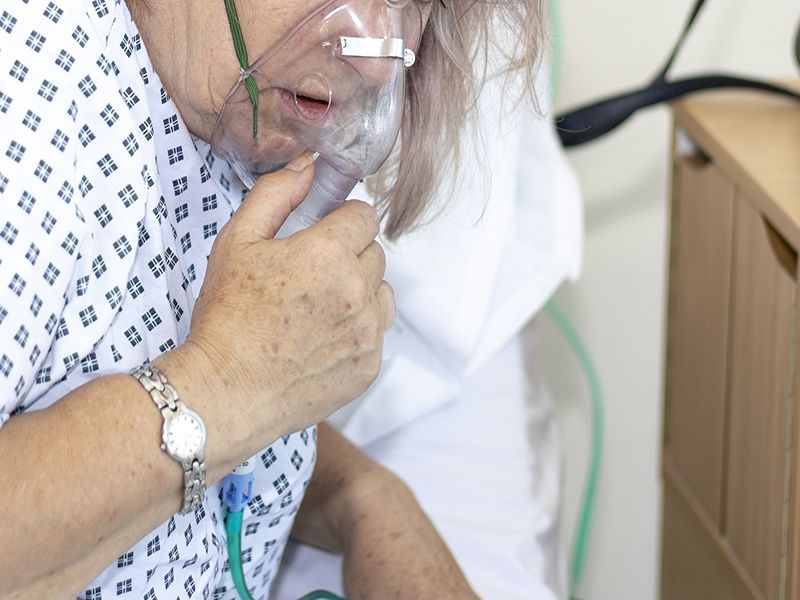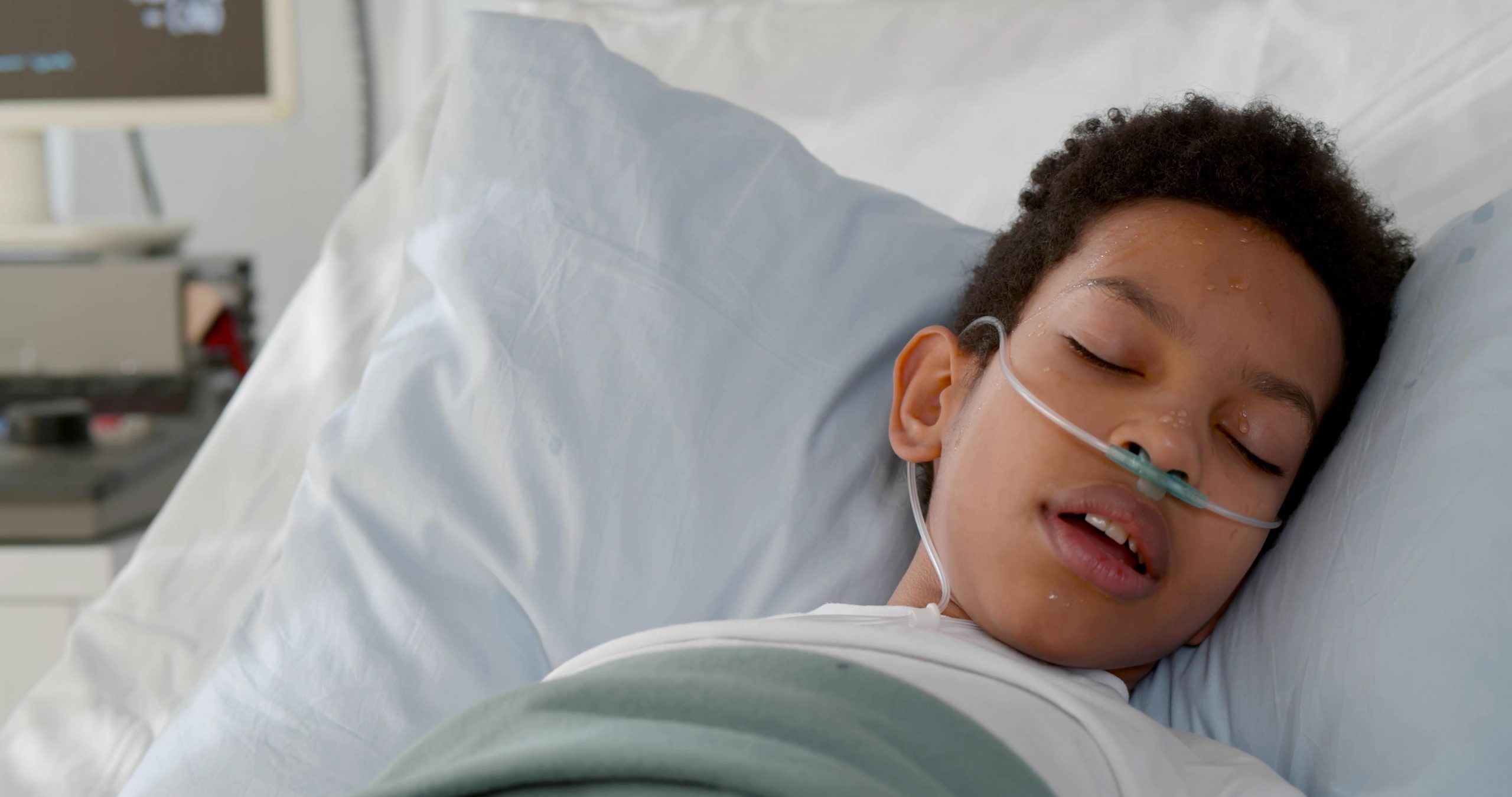
Nearly 9 in 10 children ages 5-11 who were hospitalized for COVID-19 from mid-December to late February were unvaccinated, a rate that was two times higher than for vaccinated children, a new government study shows. Researchers from the U.S. Centers for Disease Control and Prevention also found that about one-third of hospitalized children in that… read on > read on >










